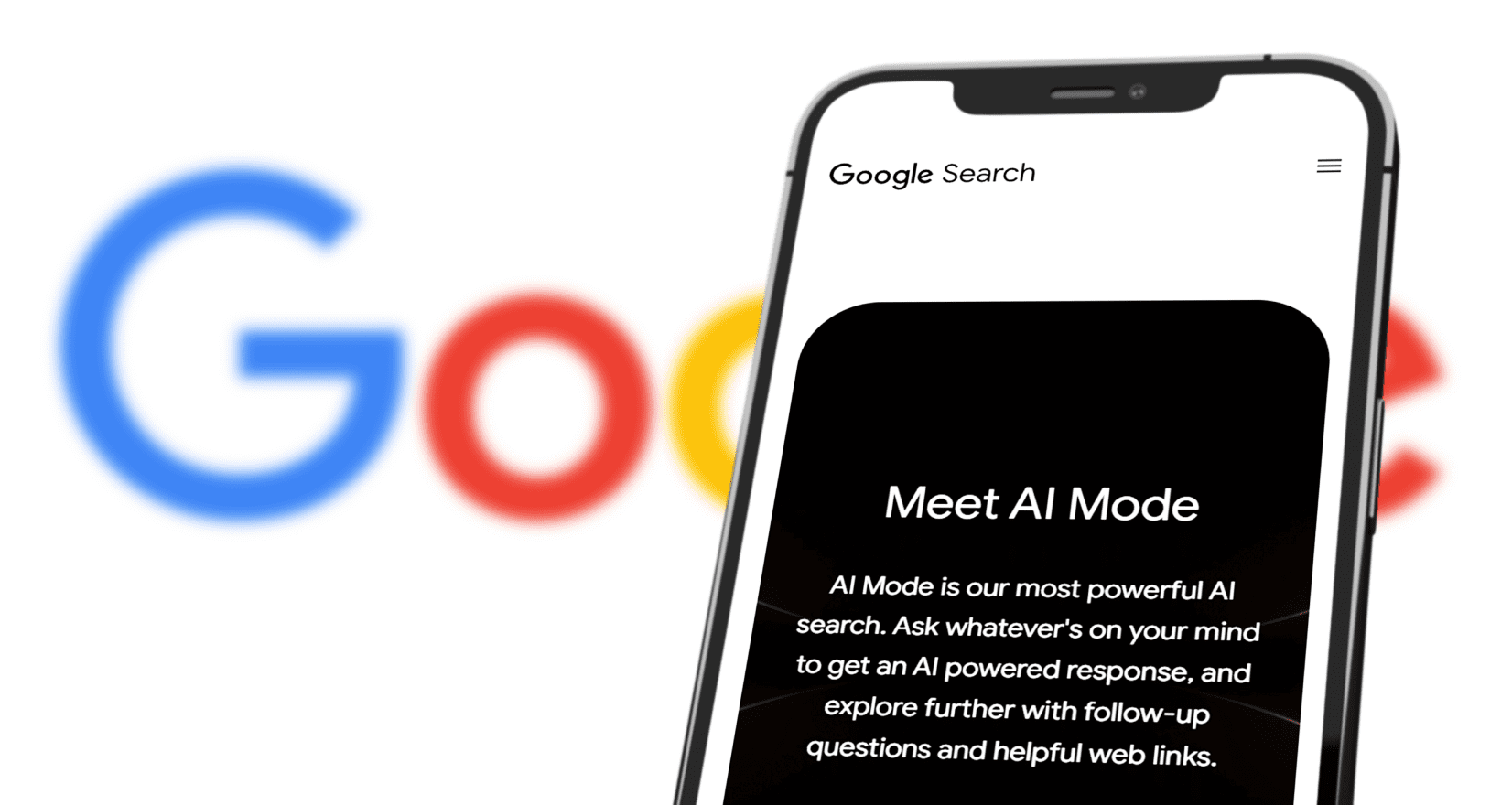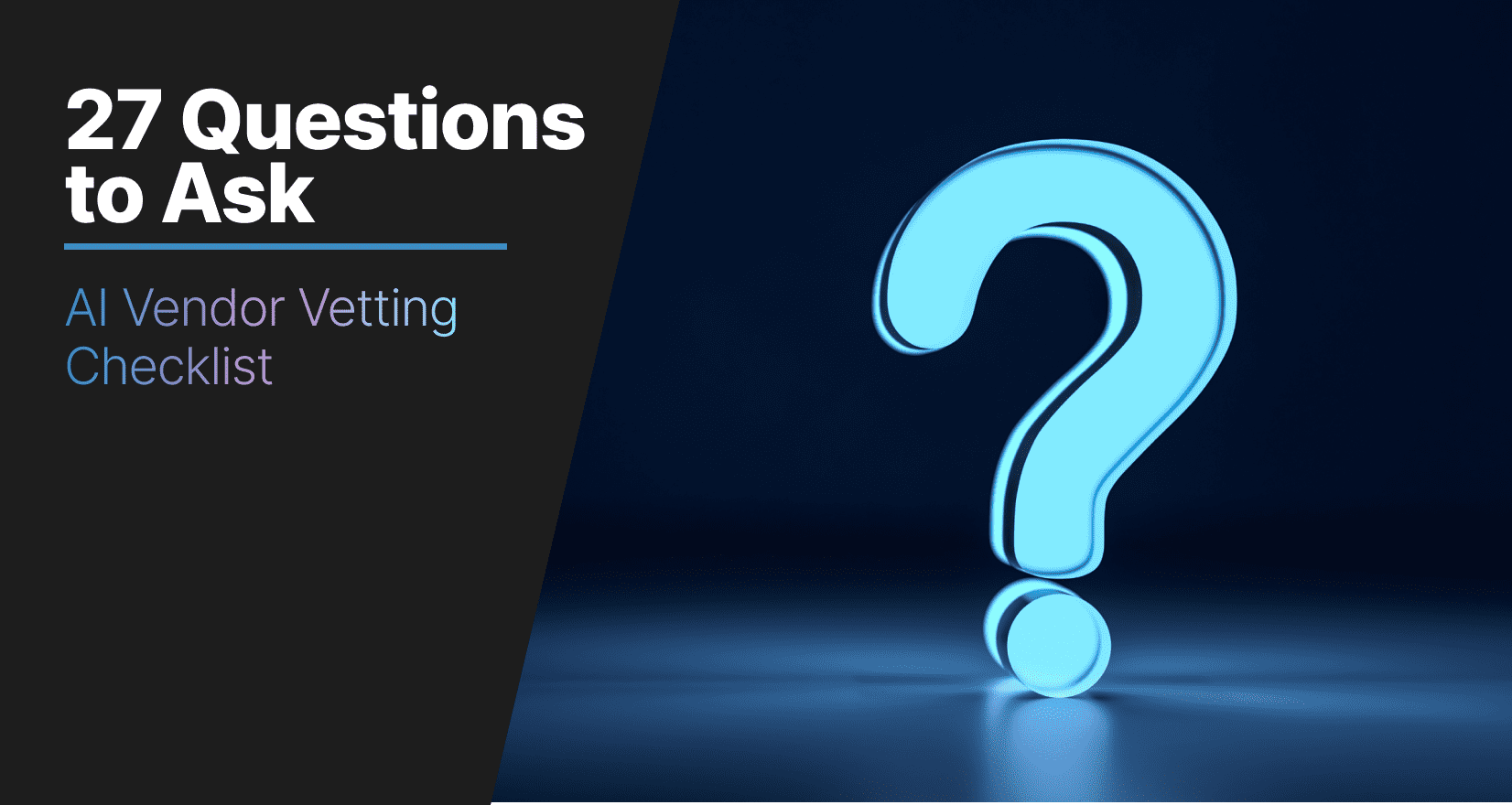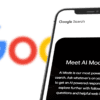The Moment Everything Clicked
Here’s what Laura said that really hit me: “All the things I’ve been trying to teach humans for the last 20 years, half of that I can teach to AI now.”
Think about that for a second. This woman has spent two decades training dental teams on efficiency and customer service. She’s seen every communication challenge, every workflow bottleneck, every training nightmare. And now she’s telling me that AI can handle half of those problems instantly.
During that mastermind call, Laura finally stopped biting her tongue. She opened up ChatGPT and started feeding these real-world problems into it. Job descriptions, onboarding outlines, difficult patient conversations – everything these office managers were struggling with. The result? Mind blown. Every single person in that room had their “holy crap” moment.
The Solution That Gave Me Chills
Then this woman shows me something I’ve never seen before – and trust me, I thought I knew AI pretty well. Laura walks me through her approach to using ChatGPT for patient communication, and it’s brilliant in its simplicity.
She’s teaching dental teams to use AI as their communication translator. You dump your thoughts into ChatGPT – even if they’re messy, incomplete, or unprofessional – and ask it to help you rewrite them. Want it more formal? Done. Need it more casual? Easy. Have an angry patient upset about their bill? AI can help you craft a response that’s empathetic without being defensive.
The technical explanation is simple: these large language models like ChatGPT, Claude, and Gemini are trained on massive amounts of text. They understand language patterns better than most humans. But here’s the part that got me excited – you don’t need to be a tech genius to use them. You just need to learn how to prompt correctly.
Laura uses something called the WWAC model for prompting: Who, What, Why, Audience, and Constraints. It’s basically a structure that helps you give AI clear instructions so you get better outputs.
The Numbers That Made My Jaw Drop
Here’s where it gets crazy. Laura told me about practices using AI for communication tasks that used to take 3 hours, and now they’re completing them in 30 minutes. That’s a 600% efficiency increase, right there.
But think about the bigger picture. When we were planning to hire that copywriter, we were looking at $80K annually plus benefits. Now? Our current team can produce three to four times as much copy using AI tools. The ROI is insane – we’re talking about tools that cost $20-240 per month replacing the need for a full-time specialist.
And it’s not just about the money. It’s about speed and consistency. No more waiting days for copy revisions. No more miscommunication about tone or style. You get professional-quality communication in minutes, not hours.
Why This Changes Everything for Dental Practices
I’m not gonna lie – this is the biggest shift I’ve seen in our industry since practice management software. Here’s why this matters:
Patient Communication Gets Professional: No more awkward emails or poorly worded letters. Every communication can sound polished and professional, even if it comes from a team member who struggles with writing.
Training Becomes Scalable: Laura’s creating courses using AI avatars that can be updated instantly when procedures change. No more outdated training materials or expensive re-filming sessions.
Efficiency Multiplies: Teams that embrace this technology will literally work circles around those that don’t. We’re talking about the same quality output in a fraction of the time.
Competitive Advantage: Here’s what Laura said that really stuck with me: “If I’m hiring someone and one person takes 3 hours to do something while another person uses AI and does it in 30 minutes, I’m going to hire the person using AI.”
That’s not AI replacing humans – that’s humans with AI replacing humans without AI.
![[Byte Sized Podcast Ep. 2] Why Your Front Desk is Already Obsolete (And They Don't Know It)- Talking ChatGPT With Laura Nelson - Chatgpt - My Social Practice - Helping dental practices find new patients ChatGPT](https://mysocialpractice.com/wp-content/uploads/2025/07/002_1-x-1-–-social-post2-500x500.png)
What This Means for Your Practice
I plan to start recommending this approach to every single one of my MSP clients. The cultural shift this creates is massive. Instead of your team being bogged down by administrative communication tasks, they can focus on what they do best – taking care of patients.
Laura nailed it when she said most practices have a “back door problem” – they’re losing more patients out the back than they’re bringing in the front door. Why? Poor communication and inefficient systems. AI solves both of those problems simultaneously.
We’re not just talking about saving time here. We’re talking about creating better patient experiences, reducing team stress, and actually getting to go home at 5 PM instead of staying late to catch up on paperwork.
Try It Out – Here’s How to Start
Laura’s got a newsletter called “Brush Up on AI” that I’m subscribed to, and it’s fantastic. When you subscribe, you get 25 specific ways to use AI in your practice, plus step-by-step instructions.
The first step is simple: go set up a free ChatGPT account and start with patient communication. Take something you need to write – an email, a letter, a response to a complaint – and ask AI to help you craft it. Then ask it to make it more formal, more casual, more empathetic, whatever you need.
Trust me on this one – once you see how this works, you’ll wonder how you ever managed without it. Laura’s leading the charge in dental AI education, and she’s the real deal.
In This Episode:
Laura Nelson, Founder of Front Office Rocks
Laura Nelson, MS, BS, FAADOM, is the founder and driving force behind Front Office Rocks, and the leading provider of on-demand virtual training and resources for dental practices. Laura has combined her professional experience and knowledge to create a 24/7 training hub that offers practical steps that dental teams can easily adopt into their day-to-day rhythm.
Adrian Lefler, CEO and Co-founder of My Social Practice
Adrian Lefler, CEO of My Social Practice, is a seasoned expert in the dental marketing industry with 14 years of experience. He is widely recognized for his engaging and informative presentations. Based in Suncrest, Utah, Adrian shares his life with his wife, four children, and a lively mix of pets. My Social Practice is a leading dental marketing company, and Adrian is passionate about helping dental professionals succeed in this dynamic field.
Frequently Asked Questions
Won't AI make my patient communications sound robotic or impersonal?
Actually, the opposite is true. AI helps you communicate more effectively by taking your thoughts and polishing them while maintaining your intended tone. You can ask it to make communications more empathetic, casual, or professional – whatever fits your practice culture best.
How do I integrate AI tools with my current practice management software?
Most AI communication tools work independently of your practice management system. You simply copy and paste text between applications. Many practices use ChatGPT or similar tools as a “writing assistant” alongside their existing workflows without any technical integration required.
What's the real cost savings compared to hiring additional staff for communication tasks?
The numbers are significant. Instead of hiring a copywriter at $70,000-80,000 annually, AI tools typically cost $20-240 per month. Plus, your existing team becomes 3-6 times more efficient at communication tasks, eliminating the need for additional administrative staff in many cases.
How long does it take for a dental team to become proficient with AI communication tools?
Most team members can start seeing results within their first week of use. Basic prompting skills can be learned in a few hours, and with Laura’s structured approach and the 25 use cases she provides, teams typically become comfortable within 2-3 weeks of regular use.
Are there any compliance or privacy concerns with using AI for patient communications?
When used properly, AI tools like ChatGPT don’t store or learn from your conversations when you’re using the professional versions. However, always avoid inputting specific patient information (names, account numbers, medical details) into AI tools. Use them for templates, tone, and structure rather than processing actual patient data.


![[Byte Sized Podcast Ep. 31] The Death of DIY Dental Marketing: Why Even Social Media Experts Are Hiring Out - Chatgpt - My Social Practice - Helping dental practices find new patients My Social Practice - Helping dental practices find new patients - Chatgpt](https://mysocialpractice.com/wp-content/uploads/2026/02/byte-sized_ep31.png)
![[Byte Sized Podcast Ep. 2] Why Your Front Desk is Already Obsolete (And They Don't Know It)- Talking ChatGPT With Laura Nelson - Chatgpt - My Social Practice - Helping dental practices find new patients New Call-to-action](https://no-cache.hubspot.com/cta/default/1942633/3e012fe1-6af2-425e-937a-eab6e7ac22b3.png)
![[Byte Sized Podcast Ep. 2] Why Your Front Desk is Already Obsolete (And They Don't Know It)- Talking ChatGPT With Laura Nelson - Chatgpt - My Social Practice - Helping dental practices find new patients New call-to-action](https://no-cache.hubspot.com/cta/default/1942633/46e5c50e-9172-4068-8104-55f887411530.png)
![[Byte Sized Podcast Ep. 2] Why Your Front Desk is Already Obsolete (And They Don't Know It)- Talking ChatGPT With Laura Nelson - Chatgpt - My Social Practice - Helping dental practices find new patients My Social Practice - Helping dental practices find new patients - Chatgpt](https://mysocialpractice.com/wp-content/uploads/2025/07/Mask-group-5.png)
![[Byte Sized Podcast Ep. 2] Why Your Front Desk is Already Obsolete (And They Don't Know It)- Talking ChatGPT With Laura Nelson - Chatgpt - My Social Practice - Helping dental practices find new patients Dental AI Tools with Adrian Lefler](https://mysocialpractice.com/wp-content/uploads/2024/07/Head-Shot_Adrian_Circle_Large-e1721666265743.png)


![[Byte Sized Podcast Ep. 31] The Death of DIY Dental Marketing: Why Even Social Media Experts Are Hiring Out - Chatgpt - My Social Practice - Helping dental practices find new patients My Social Practice - Helping dental practices find new patients - Chatgpt](https://mysocialpractice.com/wp-content/uploads/2026/02/byte-sized_ep31-100x100.png)

![[Byte Sized Podcast Ep. 30] AI in Dentistry: Why Brand Meaning Beats SEO in 2026 Feat. Reid Holmes - Chatgpt - My Social Practice - Helping dental practices find new patients AI search, AI in dentistry](https://mysocialpractice.com/wp-content/uploads/2026/02/byte-sized_ep30-100x100.png)